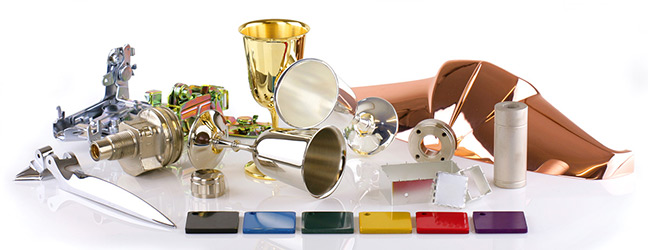Why Is Stainless Steel Passivation Important?
The passivation of stainless steel is undertaken to prevent corrosion of stainless steel. It is widely used amongst industrial machinery to ensure a long-life span of the equipment. Stainless steel passivation is essential for both domestic and industrial usage. At Dorsetware, we offer this metal finishing across Dorset to protect your metals from rust.
What is stainless steel passivation?
The stainless steel passivation process uses nitric or citric acid to remove free iron from the metal surface. The type of acid used is dependent on each customer’s needs. During the passivation process, a transparent oxide layer forms on the surface of the metal. This protective layer is chemically resistant to air. This prevents the likelihood of corrosion occurring. A common misconception is that steel passivation is not needed. This is due to the corrosion-resistant nature of the metal. However, the metal is often used in environments where the surface can become contaminated. Stainless steel passivation aims to combat this. The process achieves this by removing the contamination and optimising the oxide layer.
Why use it?
The metal finishing service is crucial for the longevity of your metal products. The passivation process is key in the removal of contamination from metal surfaces. It is particularly important to protect machinery where maintenance would put a halt to operations. Additionally, replacing the parts is likely to be more expensive and unnecessary. Steel passivation is a much more practical solution. It is important for passivation to be undertaken with care and precision. If performed incorrectly, it could cause the metal to deteriorate further. At Dorsetware, we are one of the leading suppliers of stainless steel passivation. This allows us to deliver high-quality results for our customers.
When is it necessary?
The passivation process enhances the aesthetic of metal and provides long-term protection. There are plenty of cases where the passivation of stainless steel is necessary. Industrial practices such as cutting and metal polishing result in the protective layer becoming damaged. As well as industrial machinery, it is useful for cutlery and other kitchenware. Another common use is within surgical and dental instruments. It is especially important to protect healthcare equipment, particularly when used on patients.
The passivation of stainless steel is important due to its ability to enhance the metal’s appearance and increase a products life span. Undertaking the metal finishing process ensures product safety. It can also reduce long-term costs involved with maintenance and replacements.
Curious whether passivation can benefit your business? For more information about stainless steel passivation or metal finishing in Dorset, get in contact with us. At Dorsetware, we also offer a wide range of electroplating and anodising services. Speak to one of our experts by calling 01202 677939 or filling out our online contact form.

